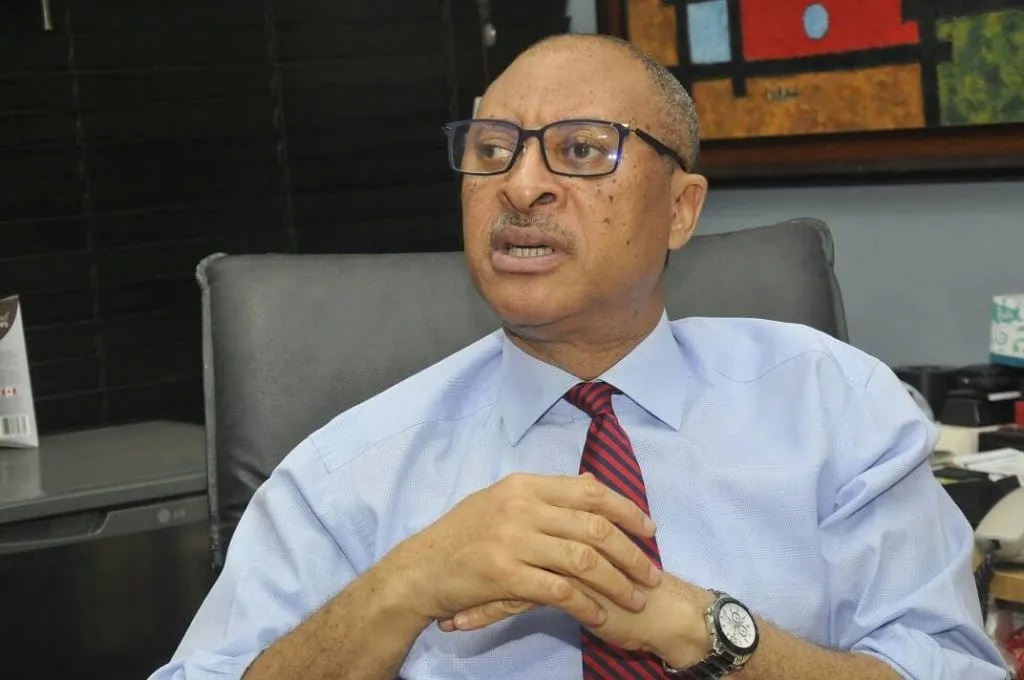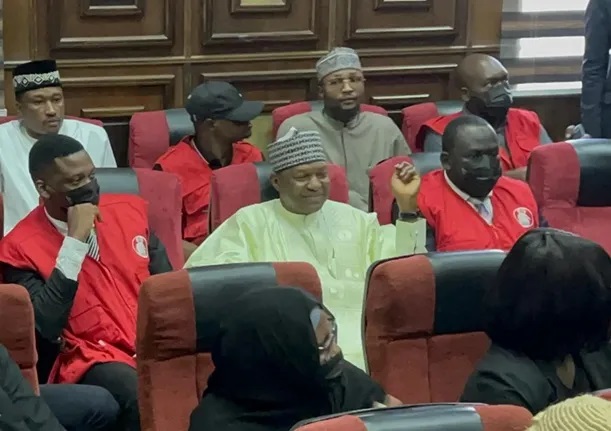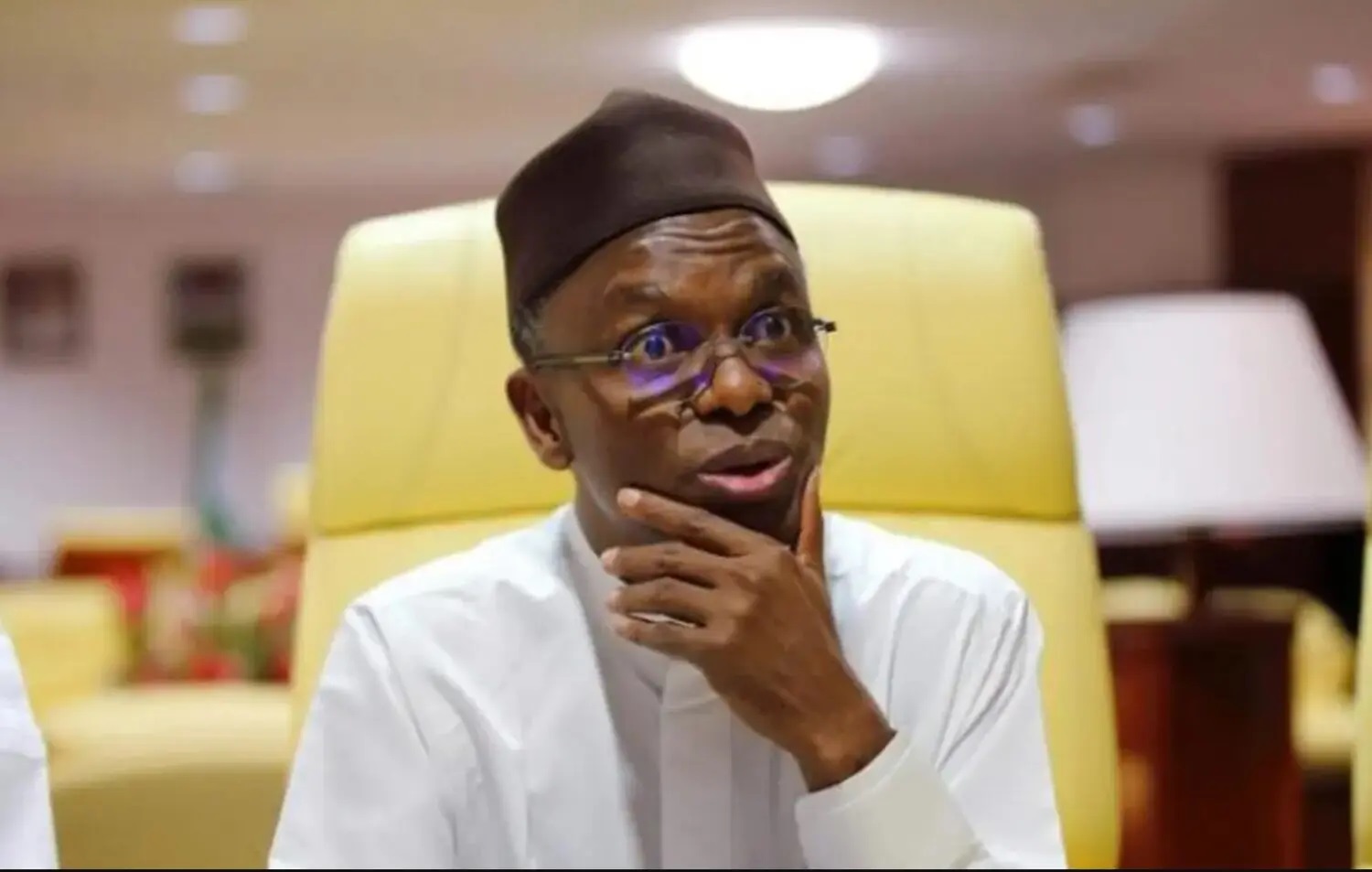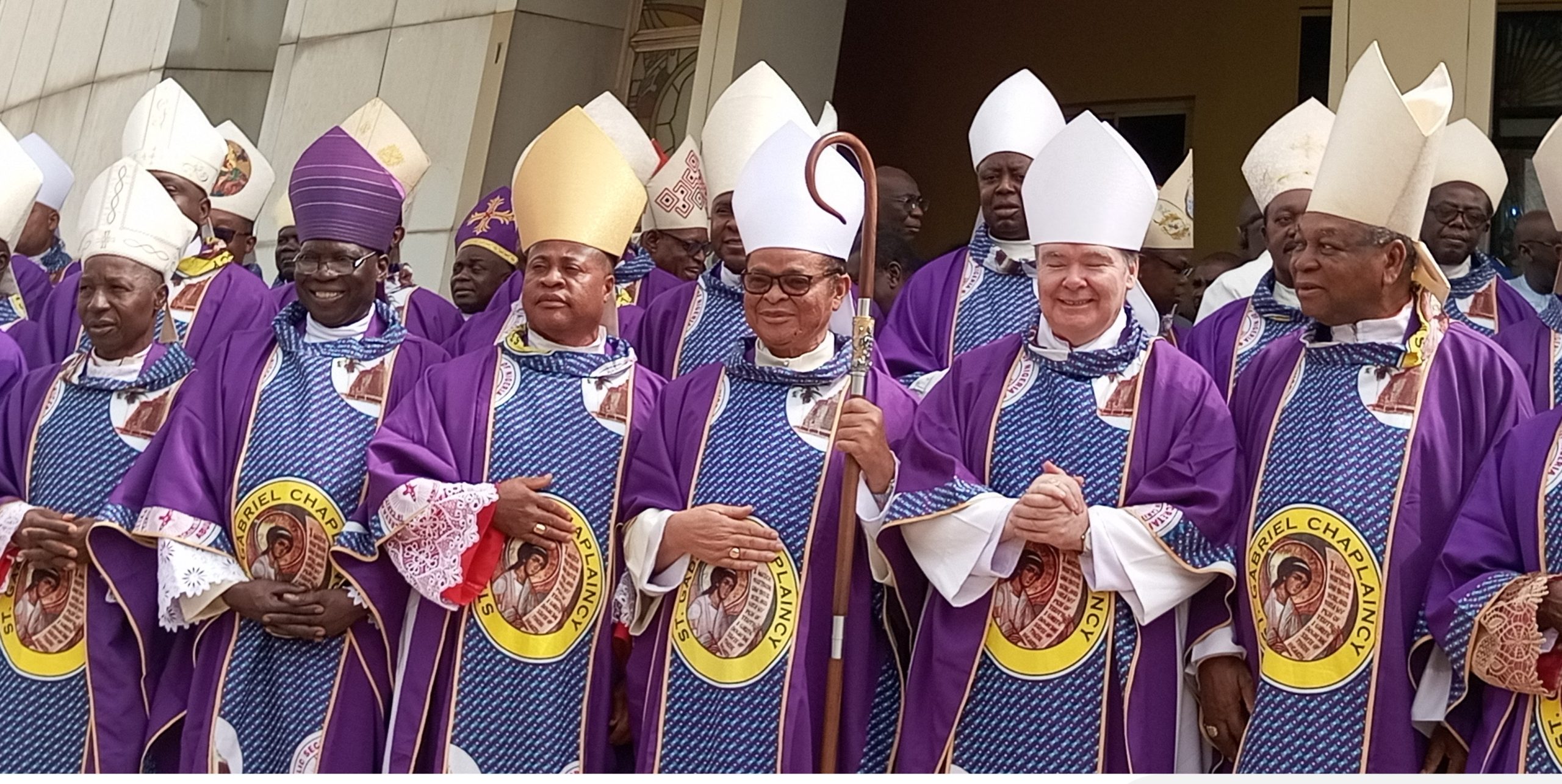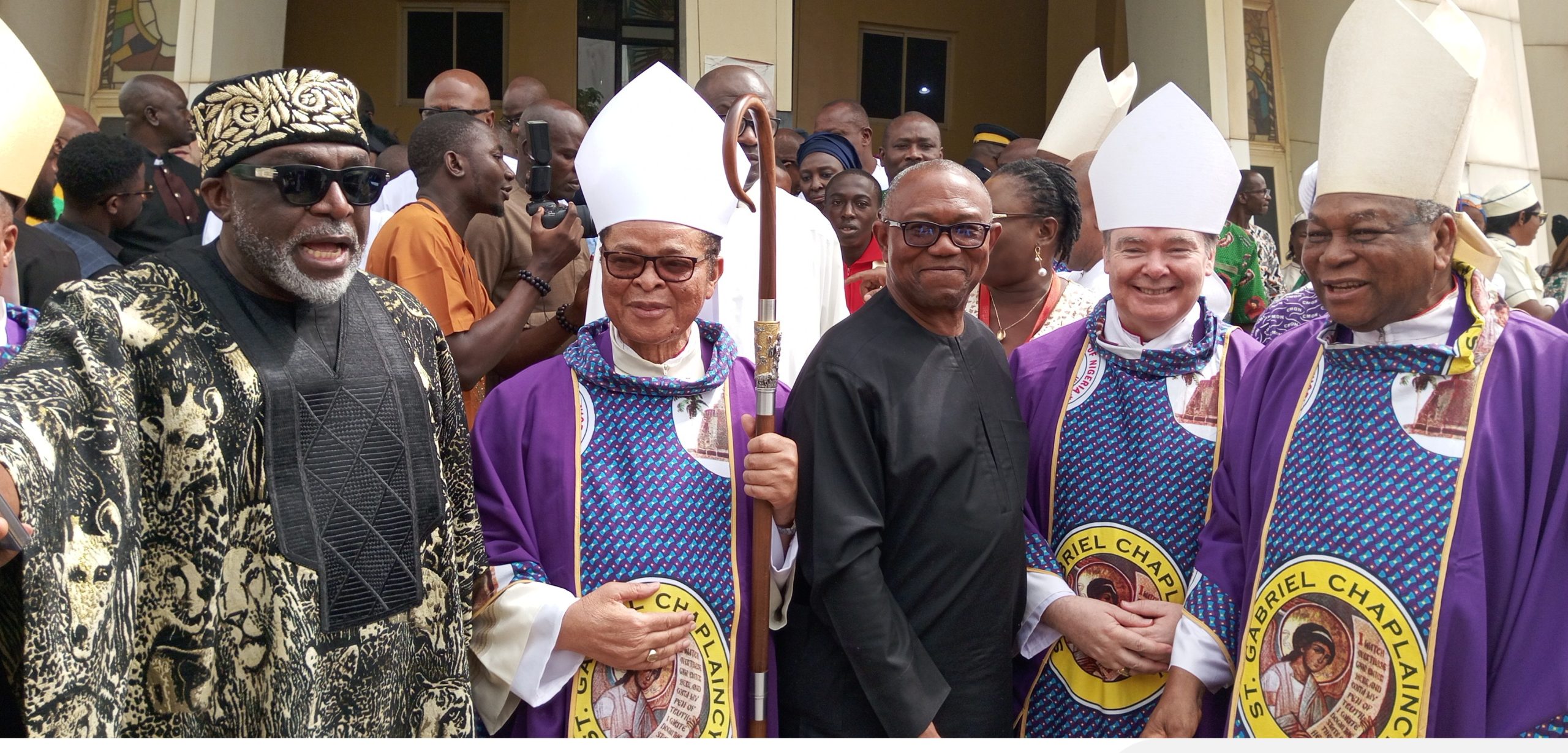Political economist and public intellectual, Professor Pat Utomi, has clarified that the Shadow Cabinet initiative he leads is not an attempt to topple the Nigerian government, but a democratic mechanism designed to foster accountability and improve governance.
Utomi stated this while speaking virtually on “Shadow Government, A Distraction or Necessity” during the fourth edition of the Topaz Lecture Series hosted by the University of Lagos Class of 1988 Mass Communication Alumni Association.
A former presidential candidate of the African Democratic Congress, Utomi, is to be served court documents in a case filed against him by the Department of State Services over his alleged plans to establish a shadow government in Nigeria.
However, the former presidential candidate explained that the shadow cabinet “is not an attempt to overthrow or undermine the government. Shadow cabinets are a recognised democratic practice around the world, and Nigeria must embrace institutions that encourage performance and transparency.”
The initiative, which asides from triggering scrutiny from security agencies had stirred controversy, was described by Utomi as a civic platform to stimulate issue-based governance and offer policy alternatives. He insisted that a shadow government is neither rebellious nor illegal, but rather essential for deepening democratic culture in Nigeria.
Tracing the conceptual roots of the idea to a lecture he delivered in 2012, which influenced the formation of the All Progressives Congress (APC), Utomi lamented that the party veered from its founding vision and became consumed by a power-centric agenda.
He added that he pitched the idea to former President Umaru Yar’Adua in 2008 and maintained the cabinet, mainly at his own expense, since then.
With security agencies on his back for instituting a “shadow government”, Utomi said if the suit by the State Security Service (DSS) on the legality of the term “shadow cabinet” were to succeed, the group would adopt a different name.
Noting that that the existence of a Shadow Cabinet was similar to the call by NADECO, of which President Bola Ahmed Tinubu was a member, to form a government in exile, he said, ““Our commitment is not to nomenclature, but to values.
“Nigeria urgently needs a space where policies are debated and where the government is constructively challenged to do better”, he stated pointing to global precedents, where opposition figures form shadow cabinets to monitor government actions, propose alternatives, and uphold democratic standards.
Utomi warned of the dangers of anti-intellectualism and elite complacency in Nigeria’s political class, cautioning that failure to reform governance structures could result in a crisis similar to Somalia’s collapse. He stressed that only strong institutions and active citizen participation can safeguard Nigeria’s future.

